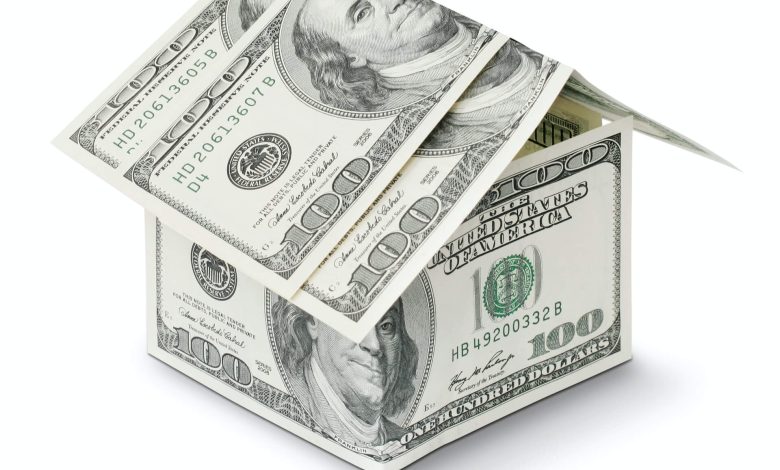
How often do we promise ourselves that we’ll be better organized to save money? Yet after some time, we fall back into our old spending habits. It may seem tough to figure out how to get your finances under control. But, by making a plan, you can organize and resolve your financial situation. After all, it’s always a good thing to sit down with family and make decisions to impact your financial health positively.
We’ve made a list of helpful hints to let you manage your money easily.
Personal Finances 101:
How To Organize Your Finances?
1. Keep Track Of Your Spending
It’s vital to track how much money is coming vs. going out. You’ll be able to discover and change your spending patterns.
Once you start tracking your expense, see how much you’re spending on non-essentials such as dining, entertainment, and even that daily coffee. Now, tracking expenses can be somewhat of a pain if you manually write everything down or type it into a spreadsheet. Thankfully, there are apps such as Money Tracker Online to streamline and automate much of the process.
2. Create A Budget
Budgeting is a crucial step toward managing your money. Use your monthly spending habits and monthly take-home pay to set a budget you know you can keep. When you have your budget (or spending plan) set up, You’ll be able to see where your money’s going and where you can save it. After all, it’s the smallest amount that adds up over time.
3. Pay Your Bills Timely Every Month To Avoid Late Fees
Timely paying your bills is a simple way to keep track of your finances because you’ll be on top of your expenses. And one of the ways Setting up money reminders for yourself might help streamline and simplify the bill-paying process. Make a list of all the bills you expect to receive, and once you’ve itemized your bills, set up alerts to remind you of upcoming payments.
Doing so will help you remember where your money needs to go and when.
4. Check Your Bills And Account Statements For Any Signs Of Fraud Or Errors
You should always check all financial documentation for errors or fraudulent activity. If you find credit card statements confusing or believe something doesn’t add up, don’t ignore it. If you have questions about your accounts, call customer service and clear your doubts.
5. Pay Off Your Credit Cards
You immediately pay for and acquire an item when you pay using a debit card. But, when you pay with a credit card, you aren’t paying for it now, which means you’re racking up debt.
Don’t let credit card bills hover over your head. Instead, pay them off immediately and put your card away. You’ll breathe a lot easier.
6. Start Saving
When life throws a surprise at you, create an emergency fund you can use. Financial emergencies, such as a job loss, an illness, or home repairs, can strike at any time. It is during these moments that having cash on hand can prevent us from resorting to credit and racking up debt.
If you keep consistent in saving money, whether only $10/week, the funds will grow gradually. The greater amount of money you have in savings, the less likely you are to use credit.
The Bottom Line
The path to improved finances starts with changing your lifestyle. If you stay committed to healthy financial habits like timely bill payments, handling your debts, reviewing your finances regularly, and implementing the other above-given tips. You, too, will have better handling of your finances.
Want to start organizing your finances like a pro? Consider getting in touch with platforms like My EasyFi and gain access to software like a Personal Budget Builder tool.


